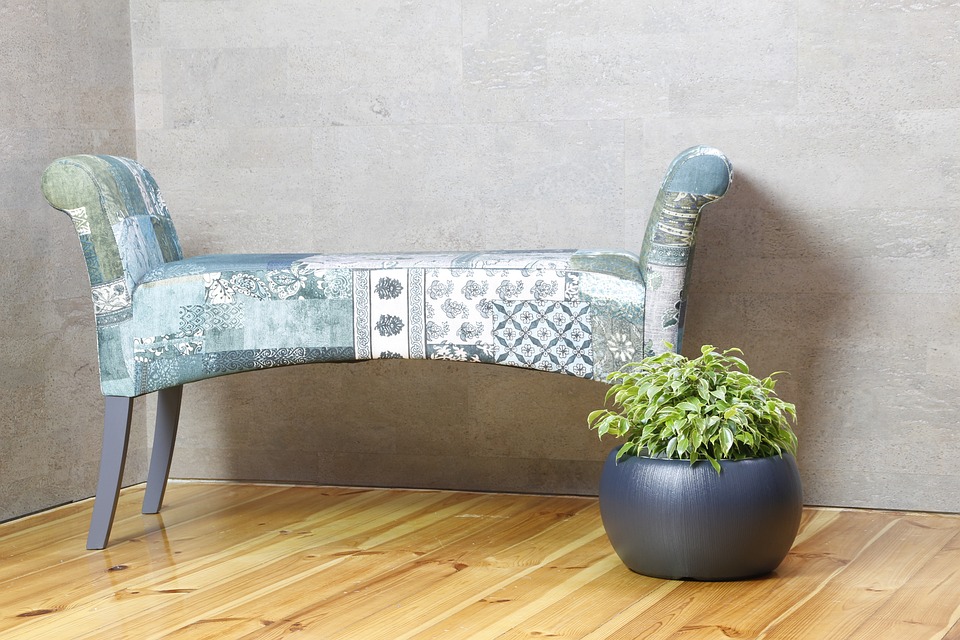
Furniture is an essential part of our homes and workplaces, providing us with comfort, functionality, and aesthetic appeal. However, many people often overlook the importance of regular maintenance and care for their furniture. Neglecting to properly care for your furniture can lead to damage, reduced longevity, and even health hazards. Therefore, it is crucial to understand the importance of furniture maintenance and care.
One of the main reasons why furniture maintenance is important is to ensure its longevity. Regular cleaning and upkeep can prevent wear and tear, extend the life of your furniture, and save you money in the long run. By maintaining your furniture, you can avoid the need for costly repairs or replacements.
Moreover, proper maintenance can also help to preserve the aesthetic appeal of your furniture. Dust, dirt, and spills can easily tarnish the appearance of your furniture, making it look unkempt and outdated. Regular cleaning and polishing can help to maintain the beauty of your furniture and keep it looking new for longer.
In addition to improving the lifespan and appearance of your furniture, proper maintenance is also important for your health and safety. Dust, allergens, and mold can accumulate on neglected furniture, posing health risks to you and your family. Regular cleaning and airing out of furniture can help to ensure a healthy living environment and prevent respiratory issues.
Furthermore, caring for your furniture can also contribute to sustainability and environmental conservation. By maintaining and repairing your furniture instead of replacing it, you can reduce waste and minimize your carbon footprint. This practice is not only cost-effective but also environmentally responsible.
To ensure the longevity and beauty of your furniture, here are some tips for proper maintenance and care:
– Regularly dust and clean your furniture with a soft cloth or vacuum to remove dirt and debris.
– Use appropriate cleaning products and techniques for different types of materials, such as wood, upholstery, leather, or metal.
– Avoid placing furniture in direct sunlight or near heat sources to prevent fading, warping, or cracking.
– Use coasters, placemats, or protective pads to prevent scratches, stains, or water damage.
– Inspect and repair any damages or loose parts promptly to prevent further deterioration.
In conclusion, furniture maintenance and care are essential practices that can benefit you in various ways. By taking the time to clean, repair, and protect your furniture, you can ensure its longevity, preserve its beauty, promote a healthy living environment, and contribute to environmental sustainability. So, make it a habit to properly maintain and care for your furniture to enjoy its benefits for years to come.